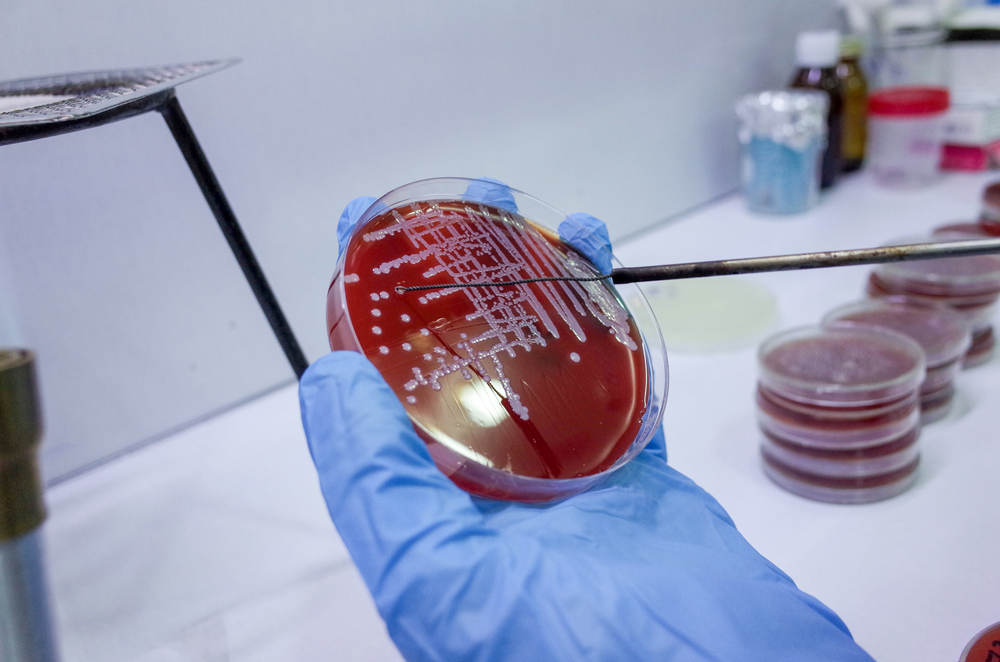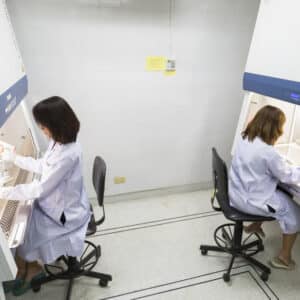Two applicants are sought for postgraduate students in the School of Chemical Sciences in Dublin City University (DCU) in the Kelleher Nanostructured Polymers Group (kellehernano.weebly.com) in the area of antibacterial polymer membranes.
This project aims to address the issue of bacterial growth on membranes used for water filtration. In particular, the focus will be on creating surfaces which can kill bacteria using purely physical means.
To date, surfaces such as black silicon and natural cicada wings, have shown to be bactericidal based on physical interactions. Importantly, the degree of bactericidal activity varies depending on the shape and spacing of the surface features, as well as the type of bacteria.
Antibacterial Polymer Membranes 2 x PhD Positions at DCU
This project aims to investigate the ability of multifunctional surface structures to be incorporated into membranes to produce an antibacterial response against the most relevant bacteria.
This project is highly multidisciplinary and will be carried out in collaboration with Prof. Eoin Casey inthe School of Chemical and Bioprocess Engineering in University College Dublin and will give the candidates the opportunity to learn skills in the areas of nano- and micro-fabrication, polymerchemistry, antibacterial testing, and membrane analysis.
The analysis and characterisation work will involve the use of atomic force microscopy, scanning electron microscopy, flux and retention experiments, and fluorescent imaging. The work will be highly collaborative with potential to engage with researchers in Ireland and Europe.
Two scholarships for up to 4 years’ stipend (€18,500 p.a.) and fees (EU Level) are available for the successful applicants and is supported by Science Foundation Ireland. There is also a significant travel and consumables budget available for this project.
The successful candidates will be a highly motivated, quick learners, who have the ability to work independently, as well as part of a team. They should have, or are expected to gain, a 2.1 or 1.1 undergraduate honours degree in chemistry, biomedical engineering, or a related subject, and must be prepared to register as a full-time PhD student at DCU for 4 years. Candidates with similar grades from a related Master’s degree are also very welcome to apply. A broad knowledge of engineering and microbiology would be an advantage.
Candidates should apply directly to Dr Susan Kelleher (susan.kelleher@dcu.ie) and are encouragedto contact her by email or in person (office X1.04, Lonsdale Building, DCU) to discuss any questions prior to their application. Applicants should send a cover letter outlining their motivation and a CV including the names of two people willing to provide a reference.
Applications are currently welcome up to the 15th April 2022, and the PhD is expected to start in September 2022.
Explore Dublin City University (DCU) for postgraduate courses on Postgrad.ie.
Dublin City University offer a range of taught and research programmes to doctoral and masters level and have a distinguished record in providing continuing professional development.












Comments